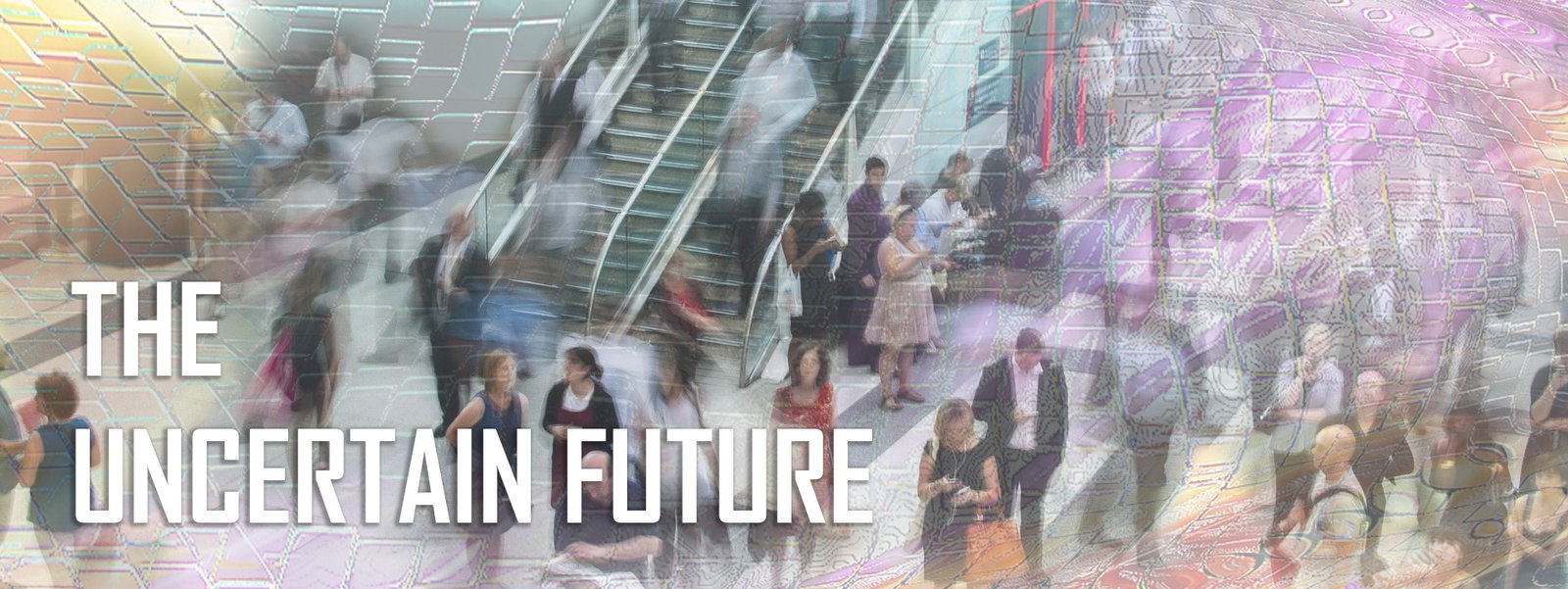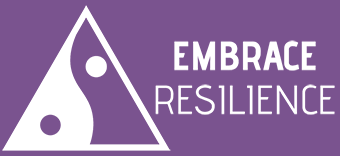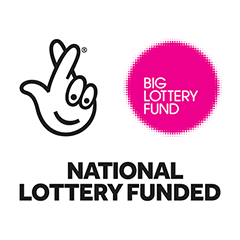10 Ways to Respond In The Face Of Uncertainty

We didn’t need COVID-19 to remind us that we live in a highly complex and unpredictable world. ‘Twas was ever thus. It doesn’t matter how much data or information we have at our disposal, we never have, and we never will, be able to predict with certainty what will happen next.
In the 1980’s a university Professor by the name of Philip Tetlock conducted a long-term research project where he gathered 284 experts from various disciplines including government officials, professors, journalists, and others. They had different opinions, beliefs and political persuasions. What they had in common was a high degree of knowledge and experience and a proven ability to apply logic and assess the likelihood of probable outcomes. They were known as ‘super-forecasters’. This twenty-year experiment involved asking thousands of questions and making thousands of predictions about the economy, science, politics, climate and social issues. Tetlock concluded that the ‘Super-forecasters’ performed only marginally better than a child might if they were making random predictions. It’s interesting to note that forecasters most often called forth by the news media to offer predictions were particularly bad at predicting the future.
Everything is obvious once you know the answer. But what are the questions we ought to be asking?
- What exactly do we mean by uncertainty?
- What causes uncertainty?
- What are the consequences of uncertainty?
- How do we as individuals and a society react to uncertainty?
We can’t deal with all these questions here but there is one we can address.
What should we do in response to an unpredictable future that holds both our dreams and our nightmares?
We do not what we ought
And what we ought not, we do
And lean upon the thought
That chance will see us through
Empedocles on Etna – Mathew Arnold
The trick is not to lean on chance too heavily but to do what we ought and stop doing what ought not.
It seems pertinent to employ a certain metaphor at this time which, although has its limitations, may go some way to help us understand how we can prepare. In applying some, if not all, of the suggestions below you will build an immunity to the fear and anxiety that so often accompanies uncertainty about the future. We can build individual immunity and if enough of us think and behave in just some of the ways suggested here, we can develop herd immunity. These 10 responses are a vaccine against the fear, stress and anxiety that feeds on uncertainty. Attention-grabbing apocalyptic stories in the media and other sources cannot infect us if we have already developed our own antibodies to fear.
10 Ways To Strengthen Your Immune System Against Fear About The Future.
- Focus On What You Can Control: We often forget just how much freedom we have to react to events by choosing to think and behave in one way or another. Separate out the things you can control from those you cannot. Look at the options open to you and make the decision not to driven by fear and anxiety.
- Look For The Opportunities: The fear of chaos is just like the fear of uncertainty and where there is chaos there is opportunity. We can at least look for the upside. Just when things start to look like they’re falling apart, they may well be actually falling together. Seek out the positives and you will find them. Learn a few quotations, sayings and parables. They are powerful because they often contain ancient wisdom learned the hard way. We all know that every cloud has a silver lining.
- Avoid Avoidance: Be honest with yourself and make a plan for what you will do if your fears do indeed come to fruition. Face up to uncertainty by allowing your imagination to accept the consequences of the very things you fear may happen. What will you do? Will you lie down and give up or will you keep moving forwards? Having a plan can give you comfort, but don’t obsess about it. Prepare for the worst and hope for the best.
- Reflect On What You Think May Be ‘Good’ And ‘Bad’ Outcomes: It is said that the Chinese Premier, Chou En Lai, when asked to assess the impact of the French Revolution replied: “It’s too soon to tell.” Think back over the times when something you considered really bad happened only to realise that but for that ‘bad’ event, a whole series of good things would never have followed. It’s a fact that but for some ‘bad’ things happening in the lives of your parents, you wouldn’t even exist.
- Follow Your Own Advice: What would you say to someone you loved, or at least really cared for, who came to you with worries about their future? Think of the guidance you might offer a child who was fearful about the times ahead – then apply that guidance to yourself.
- Embrace ‘Failure’ And ‘Mistakes’: Adopting a learning mind set means accepting that the most profound learning experiences often come from making mistakes. History is littered with the mistakes and so-called failures of individuals that ultimately led to great discoveries. Point 4 applies here also. Don’t think of mistakes as bad or good; they are necessary. A mistake is just an event you haven’t yet turned to your advantage.
- Adopt a Routine: One of the most worrying things about chaos and the future is that you don’t know what happens next. The future is unrealised potential where virtually anything can happen and that is worrisome. If you develop daily routines then you really can impose your own order and predictability on things. A routine is just one of the ways in which you take control (see point 1).
- Manage Your Anxiety: Take steps to reduce stress and anxiety in general. There are lots of things you can do as part of your daily routine to change the way you think and behave. Learn mindfulness techniques, get plenty of exercise, watch what you eat and drink. Recognise the triggers that make you feel stressed. Sometimes it’s best to avoid these triggers but often it is good to address them head on and deal with them. Practicing these things once again emphasises the degree to which you may take control, not of the future events but your response to them. An anxious mind cannot exist in a relaxed body.
- Take Risks: But not with your personal safety. Moving out of your comfort zone involves risk. How often do you do this? Sometimes taking risk is invigorating and other times terrifying. You can manage the risks you take and just observe what happens to you when it doesn’t pay off. Learn to fail or fail to learn.
- Keep An Eye Out For The Absurdity Of It All: As with so many important ‘life-hacks’ and tips, keep a sense of humour and keep things in perspective. Remember what our ancestors went through and imagine what they would say about your fears and your ‘first world problems’.
It’s widely believed Benjamin Franklin was the first to say: “In this world nothing is certain but death and taxes”. Others say it was an English actor by the name of Christopher Bullock. You see we can’t even be certain about the past. What chance do we have in predicting the future?
Don’t try to predict the future. Just be prepared for it as best you can.
Here is a list of all the other free courses available on the Wellbeing Ecosystem for subscribers.
For more information contact: mburke@embraceresilience.com

